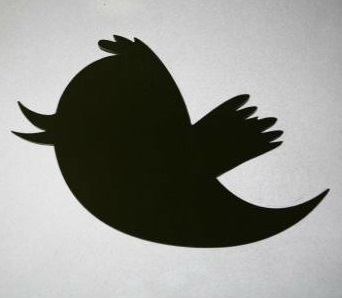Musk's changes killing X
 Elon Musk's acquisition of Twitter has brought significant changes, leaving experts concerned about its future.
Elon Musk's acquisition of Twitter has brought significant changes, leaving experts concerned about its future.
In the year since Musk's takeover, the platform, now referred to as ‘X’, has undergone significant transformations, raising questions about its safety, reliability, and credibility.
Musk’s actions following this acquisition have reshaped the platform.
Content moderation was significantly reduced, and previously banned extremists had their accounts restored. Users were also given the ability to purchase account verification.
The blue bird logo vanished, and many advertisers and users left the platform due to its evolving nature.
Dr Tama Leaver, a professor of internet studies at Curtin University, has described the platform's value as “completely worthless now”.
While Musk purchased Twitter for $44 billion, recent reports suggest that its value has decreased to $19 billion.
The changes have not only impacted the platform's financial worth but also raised concerns about safety and the protection of activists.
In regions where Twitter served as a vital platform for freedom of speech during times of authoritarianism and eroding democracy, there is growing unease.
The removal of staff knowledgeable about local contexts and languages, especially in conflict zones, has increased the risk of misinformation and harassment.
Human rights defenders and activists have become vulnerable to online abuse.
For example, in Myanmar, Twitter played a crucial role in allowing people to share information since the 2021 military coup. However, since Musk's takeover, cybersecurity and privacy threats have increased.
Compliance with requests from authoritarian regimes has raised concerns about the safety of activists.
In India, with its large user base, concerns have arisen about handling takedown demands from authorities.
India has been one of the top countries requesting content removal, and Musk's staff reductions impacted response times. Activists and journalists have been targeted, and access to Twitter for urgent content takedowns has become challenging.
Elon Musk's lack of safety measures has drawn criticism from digital rights activists.
Despite his announcement of a content moderation council, experts remain sceptical about Twitter's safety.
The platform has been criticised for allowing the spread of disinformation and fake news during crises like the Israel-Gaza conflict.
Activists and human rights defenders, in particular, have become more vulnerable, and experts believe that the Twitter of the past may never return. As a result, users are exploring alternative platforms.







 Print
Print